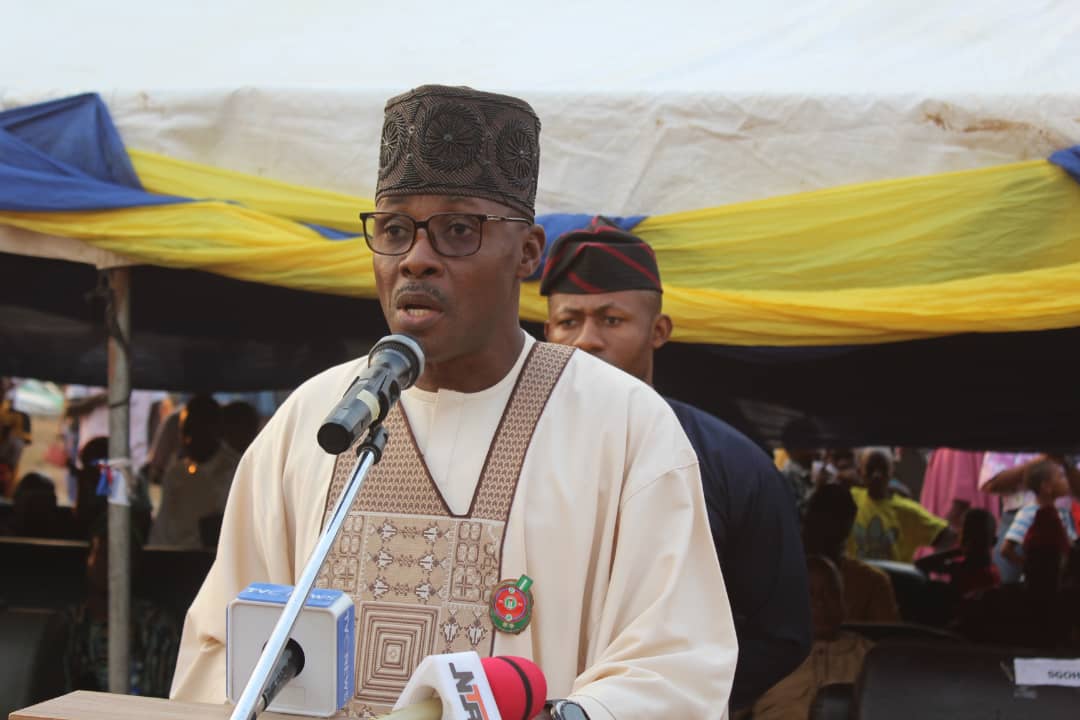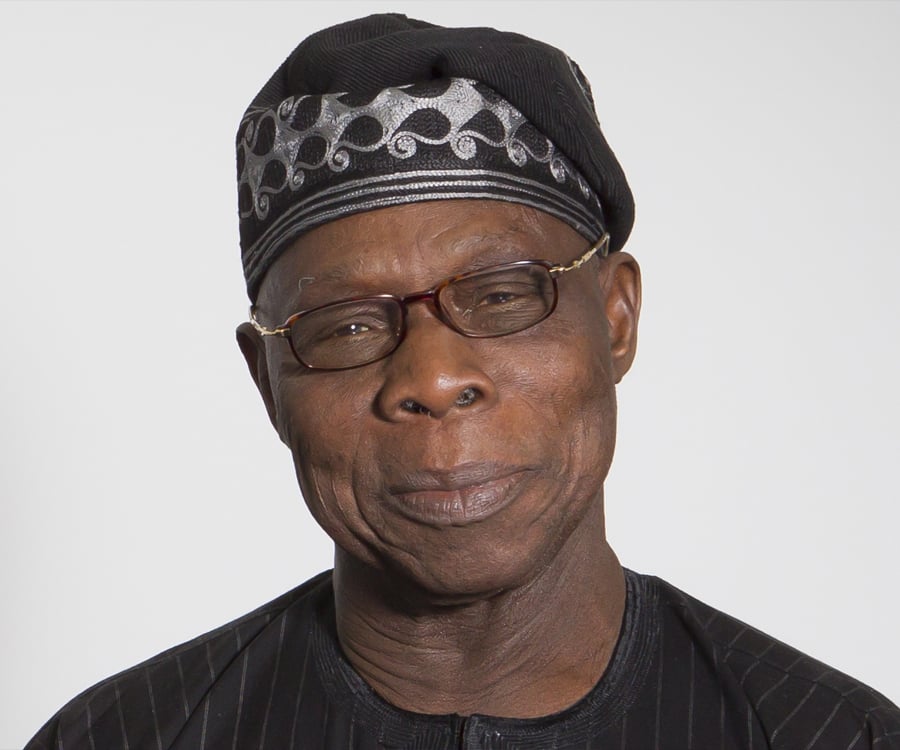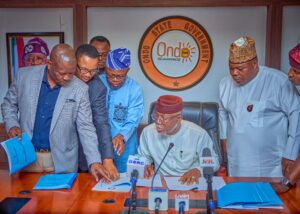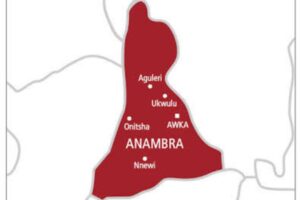Fed Govt insists on no-work, no-pay rule for varsity workers
The Federal Government and the Academic Staff Union of Universities (ASUU yesterday shed light on why their Tuesday meeting to end the over six-month strike ended in a deadlock.
While the government claimed that ASUU’s insistence on the payment of the backlog of its members’ salaries was prolonging the strike, the union blamed the deadlock on the “provocative indifference” of the government.
Minister of Education Adamu Adamu, who spoke for the government at the weekly Ministerial Briefing organised by the Presidential Communication Team in Abuja, said President Muhammadu Buhari “flatly rejected” the payment of the salary backlog.
“All contentious issues between the government and ASUU had been settled, except the quest for members’ salaries for the period of the strike to be paid, a demand that President Buhari has flatly rejected,” Adamu said.
The minister advised ASUU to see the no-work, no-salary stance of the government as its members’ compensation to students for the period they had stayed at home.
Although the minister stressed that the government was doing “everything humanly possible to end the strike”, he said students were free to “take ASUU to court” to claim damages.
The National Association of Nigerian Students (NANS) welcomed the advice of the minister, saying he and the government would be joined in the suit.
Adamu disclosed that the Senior Staff Association of Nigerian University (SSANU), the Non-Academic Staff Union of Universities and Allied Institutions (NASU), the National Association of Academic Technologists (NAAT), Academic Staff Union Polytechnics (ASUP) and Colleges of Education Academic Staff Union (COEASU), have all agreed with the government’s terms.
He said the five unions, except ASUU, would call off their strikes within a week.
The minister also spoke on the payment platforms for university workers and the government’s efforts in the past 10 years to revamp the education sector.
He said the government had in the past 10 years spent N2.5 trillion on university education and over N6 trillion of capital and recurrent projects through TEFFUND and UBEC on the entire education sector in seven years.
Adamu said: “The stand the government has taken now is not to pay the months in which no work was done. I think there should be a penalty for some behaviour like this.
“I believe teachers will think twice before they join a strike. The government is not acting arbitrarily. There is a law which says if there is no work, there will be no pay.
“Unions in tertiary institutions in the country, especially ASUU, have been engaged in recurring and avoidable strikes that have crippled the university system.
“This is despite the huge investments of over N2.5 trillion in tertiary institutions in the last 10 years from TETFUND alone.
“Many Nigerians may not know that the government is paying the salaries of every staff in its tertiary institutions, academic and non-academic staff, while these institutions are also in full control of their Internally Generated Revenues (IGR).
“The government of President Muhammadu Buhari has expended a total of N6,003,947,848,237 in capital and recurrent expenditure in the education sector in the last seven years.
“This is in addition to interventions from TETFUND and UBEC amounting to N2.5trillion and N553,134,967,498 respectively in capital investment.
“We must also note and appreciate the huge investments from states and the private sector at all levels of our educational system.
“We will continue to improve on the implementation of the Ministerial Strategic Plan (MSP) all through to 2023 for the overall development of the education sector and the Nigerian nation.
“We will continue to create the necessary enabling environment to attract more and more private sector investment. We shall hand over a better education sector than we met it.
“Just recently, we inaugurated a committee to renegotiate the 2009 agreement with ASUU and related unions in tertiary institutions. We are doing everything humanly possible to conclude the negotiations.
“We hope that the outcome of the renegotiations will bring lasting industrial peace to our campuses.
“In the main time, I am sure that the current efforts would yield the desired results and return our children to school.”
On payment platforms, he said: “The University Peculiar Personnel and Payroll System (U3PS) and the University Transparency Accountability Solution (UTAS) outscored the Integrated Personnel Payroll and Information System (IPPIS) during the integrity tests conducted by NITDA (National Information Technology Development Agency), affirming that ASUU ‘s peculiarities will be accommodated in whatever platform that may be adopted.”
Adamu debunked reports that UTAS had been approved by the government as the payment platform for university teachers and that President Buhari gave him a two-week deadline to end the ASUU strike.
He also stated that Nigeria currently has 215 universities, including 50 private ones.
teachers and that President Buhari gave him a two-week deadline to end the ASUU strike.
He also stated that Nigeria currently has 215 universities, including 50 private ones.
Fed Govt insincere, ASUU insists
But in a statement by its President, Emmanuel Osodeke, ASUU said the government “imposed the ongoing strike and encouraged it to linger.”
It lamented that “no serious country in the world treats its scholars” the way Nigeria’s government has done to university teachers.
The union listed what it termed unilateral award of salaries to university workers by the National Salaries, Incomes and Wages Commission and untenable excuses of lack of funds as ways the government has shown “bad faith”.
Osodeke said these in a statement titled: “Why ASUU Rejects Government’s Award of Salary,” the union claimed: “Government imposed the ongoing strike action on ASUU and it has encouraged it to linger because of its provocative indifference.”
ASUU said the “award salary” by the wages commission was “against the principle of collective bargaining”.
The union demanded that “the Federal Government, through the Ministry of Education, should return to the New Draft Agreement of the 2009 FGN/ASUU Renegotiation Committee whose work spanned a total of five and half years as a demonstration of good faith.”
It added that the “award salary” presented by the Nimi Briggs-led team came across in a manner of take-it-or-leave-it on a sheet of paper.”
The statement partly reads: “The Munzali Jibril-led renegotiation committee submitted the first Draft Agreement in May 2021 but the government’s official response did not come until about one year later!
“Again, the ‘award’ presented by the Nimi Briggs-led Team came across in a manner of take-it-or-leave-it on a sheet of paper. No serious country in the world treats their scholars this way.
“Over the years, particularly since 1992, the union has always argued for and negotiated a separate salary structure for academics for obvious reasons.
“ASUU does not accept any awarded salary as was the case in the administration of General Abdulsalam Abubakar. The separate salary structures in all FGN/ASUU agreements were usually the outcome of collective bargaining processes.
“The major reason given by the Federal Government for the miserly offer, paucity of revenue, is not tenable.
“This is because of several reasons, chief of which is poor management of the economy. This has given rise to leakages in the revenue of governments at all levels.
“Government’s surreptitious move to set aside the principle of collective bargaining, which is globally in practice, has the potential of damaging lecturers’ psyche and destroying commitment to the university system.
“This is, no doubt, injurious to Nigeria’s aspiration to become an active player in the global knowledge industry.
“Federal Government’s repudiation of collective bargaining is in bad faith. It is a retrogressive step for a democratic government to abrogate the collective bargaining principle after more than 40 years of its introduction into the Nigerian university system.
“The Federal Government, through the Ministry of Education, should return to the new draft agreement of the 2009 FGN/ASUU Renegotiation Committee whose work spanned a total of five and half years as a demonstration of good faith.”













Post Comment